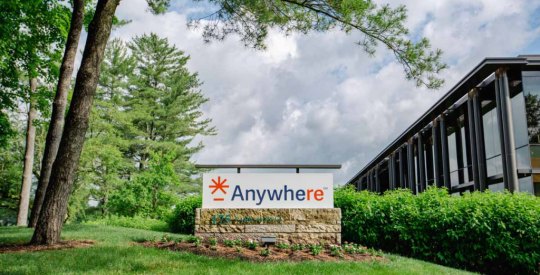Rep. John Campbell (R-Calif.) and Rep. Gary Peters (D-Mich.) will introduce a bill replacing the government-sponsored enterprises with five chartered entities that have an explicit government backing for mortgage bonds. The bill has already garnered support from around the industry. The Treasury Department released its white paper in February outlining three options lawmakers could take. This bill, H.R. 1859, would take the third path of creating a hybrid system, using private dollars supported by a government backstop. The bill would wind down Fannie Mae and Freddie Mac over five years and place them into receivership. In a letter to other lawmakers sent Wednesday, Campbell and Peters explained the legislation ensures financial products such as the 30-year fixed-rate mortgage would remain available. “Securities issuers would be required to keep healthy capital reserves, which would stand in between taxpayers and potential losses, and would also pay into a privately capitalized catastrophic reinsurance fund,” according to the letter. “The fund could only be tapped into after issuer’s assets had been exhausted, and would cover payment of principal and interest on MBS investors only, not lenders or traders.” Mortgage Bankers Association Chairman Michael Berman expressed support for the bill, which mirrors its own proposal put forward earlier in the year. “As Congress moves forward on this issue, which is so vital to our housing recovery, I want to thank the sponsors for putting forward this thoughtful legislation,” Berman said. Analyst at the Washington thinktank MFGlobal said the legislation has legs, but they believe it was introduced too early in the process, which could take years. “This is the type of legislation that we believe could eventually emerge from Congress,” analysts said. “For us, the problem here is that the bill is too early in the political fight.” Analysts said the legislation essentially preserves the old system of different government-sponsored enterprises issuing mortgage-backed securities with government backing, which the analysts said would attract few votes. However, the Campbell-Peters bill provides the guarantee only for the investors in the individual securities – not the issuer. According to the legislation, there will be layers of private capital, including a fund paid for up front by fees, between the taxpayers and the risk. Write to Jon Prior. Follow him on Twitter @JonAPrior.
Bipartisan GSE reform bill introduced with catastrophic fund
Most Popular Articles
Latest Articles
Anywhere reports losses during the slower winter season
Anywhere Real Estate felt the brunt of the challenging housing market in Q1 2024 as the company reported a loss of $101 million.



